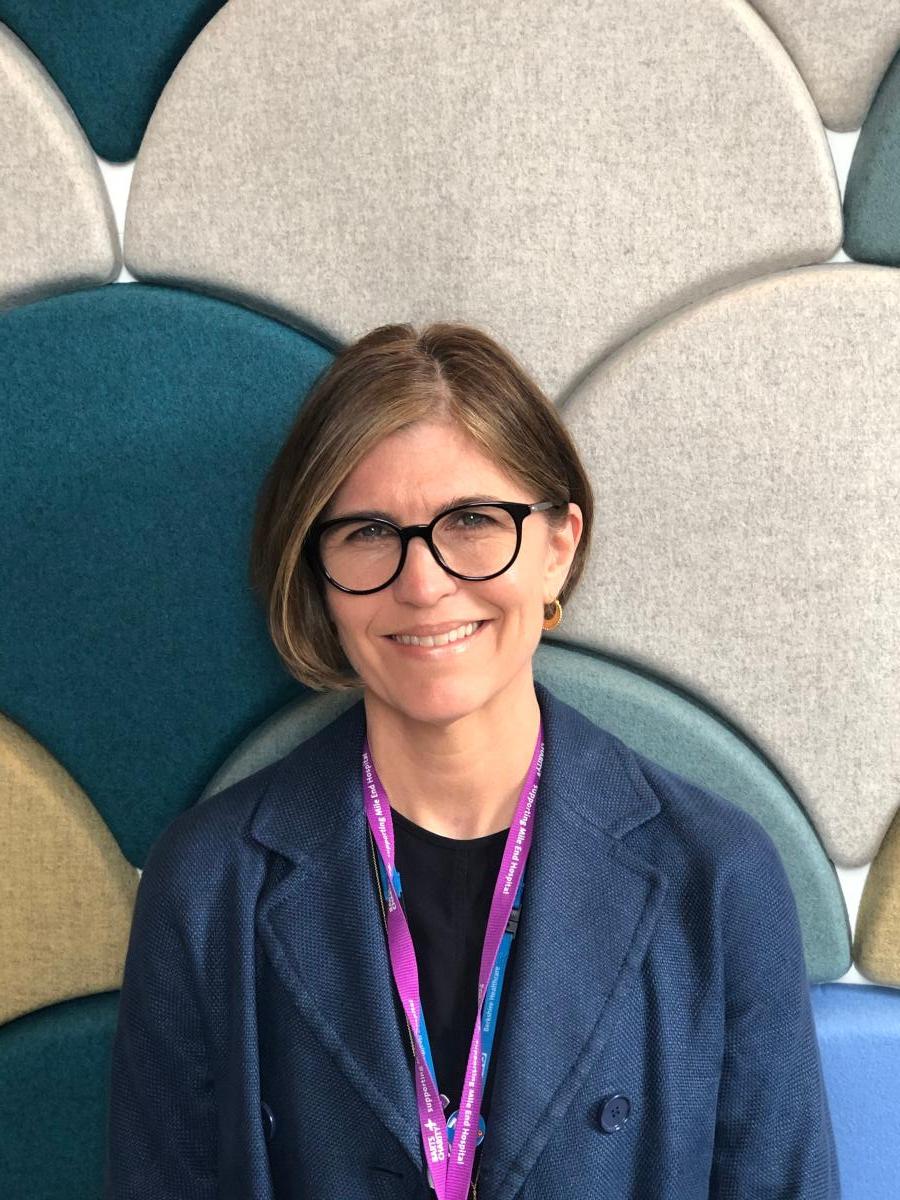World Cancer Day thoughts: supporting someone with cancer

For World Cancer Day on 4 February, our Psychological Support Service at Barts Health shares some tips for supporting someone experiencing cancer, with specialist consultant clinical psychologists, *Dr Frances Goodhart and *Dr Caroline Dancyger.
(Blog written by Carla Croft, Barts Health Psychological Support Service Lead)
The cancer experience varies now more than ever. Many new treatments have lighter side effects, meaning people can keep going with a fairly normal lifestyle. Other diagnoses are life limiting or involve powerful and life altering treatments.
Here are some tips for supporting someone experiencing cancer:
Listen: Cancer has an impact on each person in different ways. Some people want to keep everything as normal as they can, others want a break to focus on their condition and treatment. Some people do not wish their work team to know, whilst others will want team support to be strong. It is important to ask what your colleague needs, listen and respond according to what they say is right for them. Keep gently checking in on how things have changed, so you can respond in a way that reflects where they are right now.
Validate: It is helpful to let your colleague know, whatever thoughts and feelings they are having in the moment are valid. Let them know you can tolerate strong feelings without the need to fix. Anger, thoughts about death, worry, a need to plan – are all okay. Equally, some people love to reconnect with work because it is the one place where they can go to be away from cancer – give them permission.
Support: Especially if you are in a patient facing role, Dr Goodhart points out it is important to remember this person is not your patient. They are your friend and colleague and you do not have to care for them as you do a patient - problem solving and thinking about treatment options etc. Dr Dancyger says…”remember people are more than their cancer experience, all those things you used to talk together about are still there.”
Self-Care: Dr Goodhart says you may need extra support too. We spend a great deal of time together at work and relationships can become close. It can be difficult seeing a colleague suffer and perhaps a time of loss for you. Remember the best way to care for others well is to care for ourselves.
Link: Though it is often best to stay out of problem-solving mode with a colleague, sometimes you are a safe pair of hands to provide gentle pointers to good help. There is indeed a great deal of support and information from charities such as Macmillan and Maggie's Centres. Most hospital teams have psychological services like ours at Barts Health, providing emotional support and links with community services that support over the longer term.
A final thought, Dr Dancyger says ask with curiosity:
“Be guided by the person affected by cancer…Ask the person if they want to talk about it or not and if not, make it clear that if that changes, you're there to listen. Sometimes people say or ask nothing about cancer because they're unsure what to say or concerned about saying the wrong thing. Nearly always, acknowledging what someone is dealing with, however clumsily, is better than pretending it's not happening.”
* Dr Francis Goodhart is a Consultant Clinical Psychologist and her award winning book, The Cancer Survivor’s Companion, provides a practical guide to the emotional side of cancer.
* Dr Caroline Dancyger is a Consultant Clinical Psychologist who is service lead for Cancer Psychological Services at Barts Health. She recommends The Cancer Care map as a great resource to help people affected by cancer find support in their local area.
